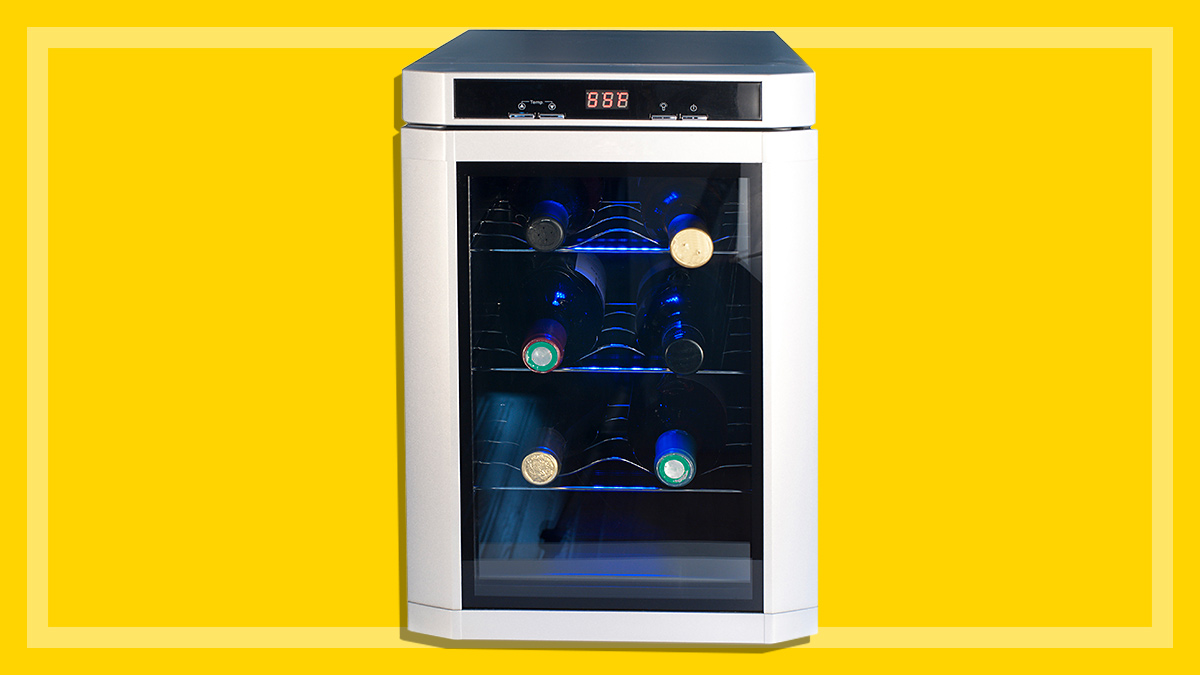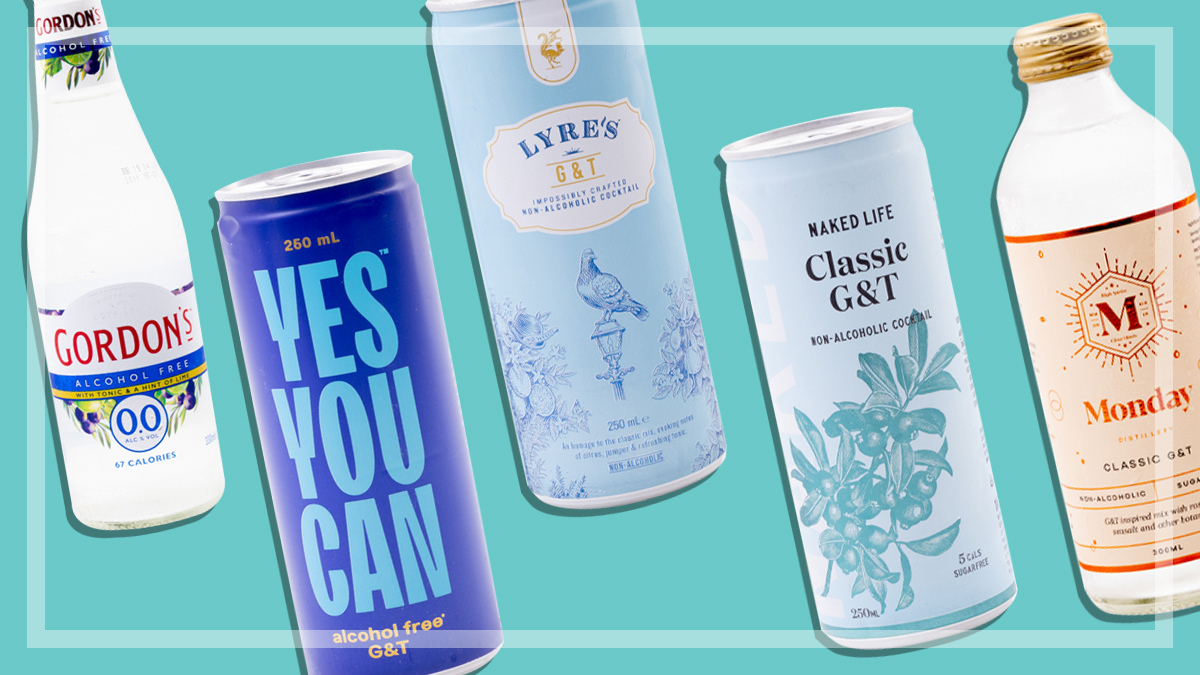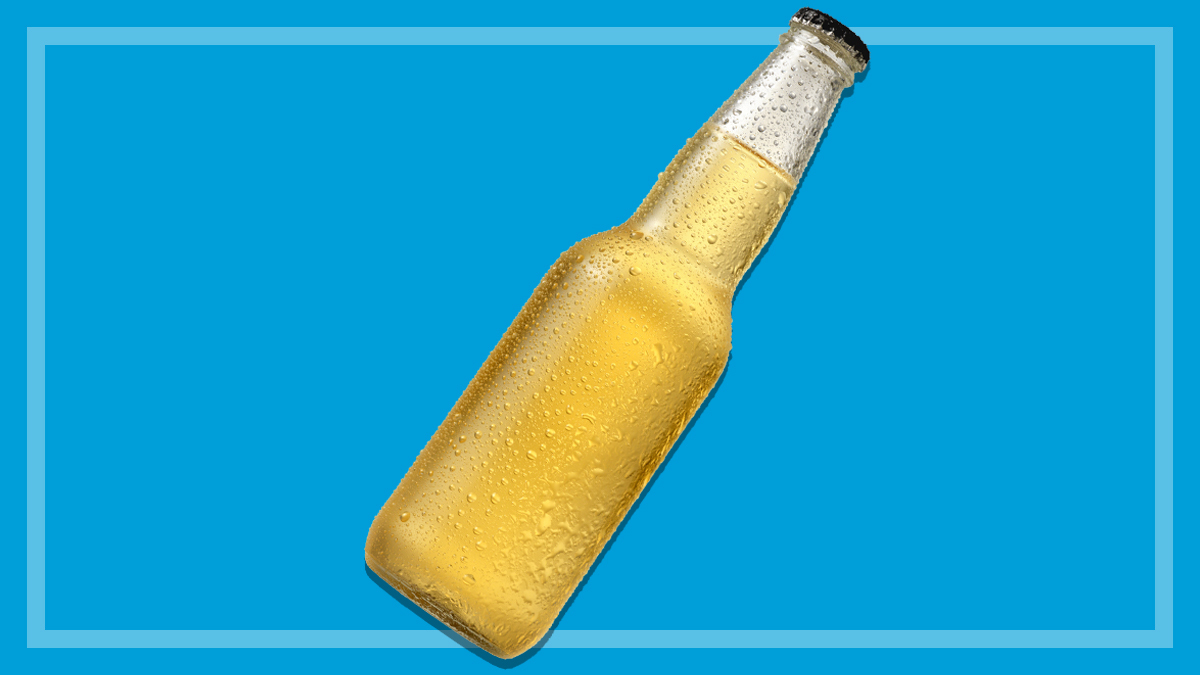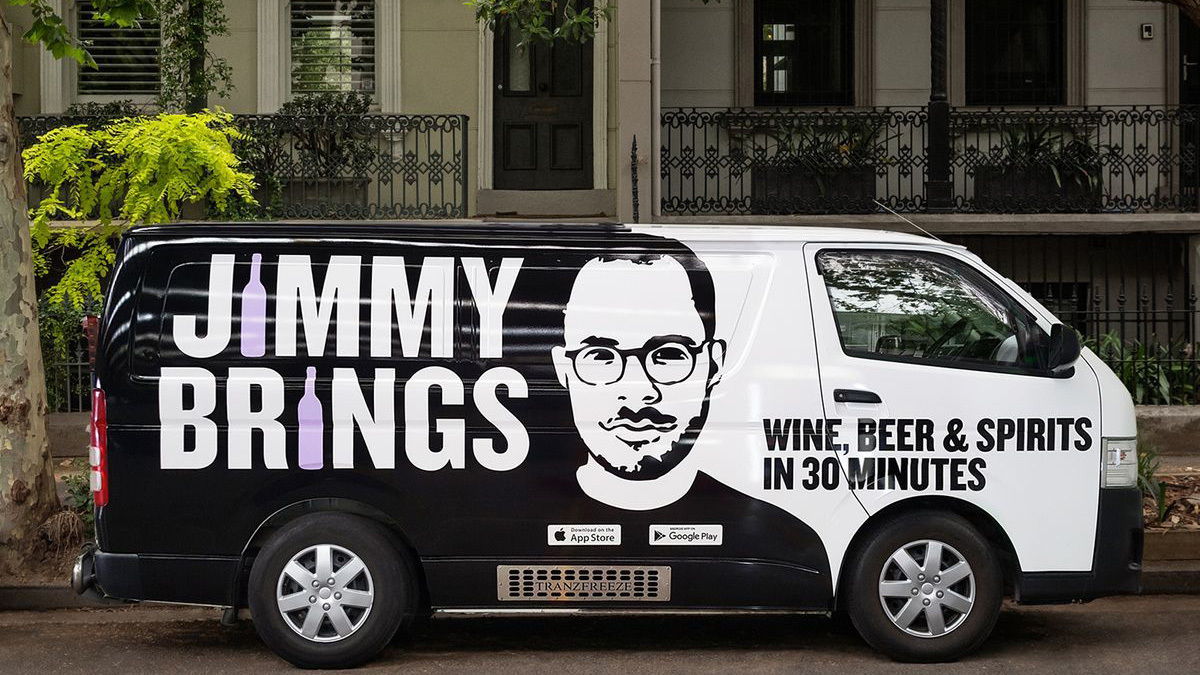Get our independent lab tests, expert reviews and honest advice.
Are wine clubs worth joining?
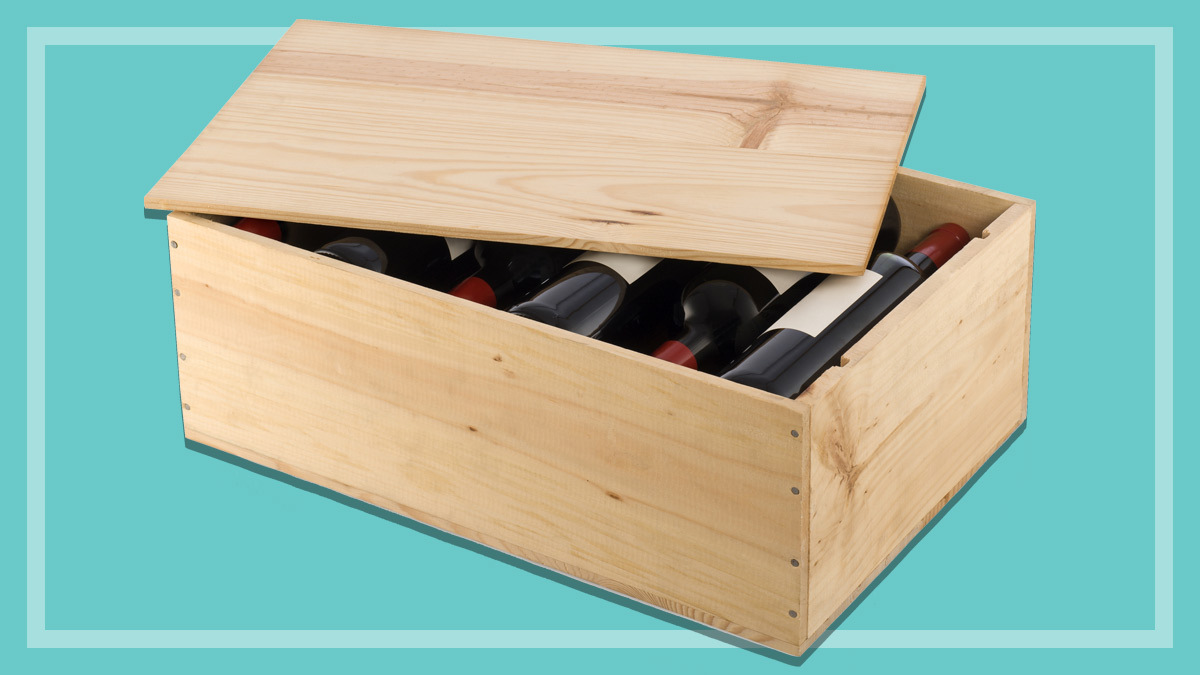
Whether you’re a weeknight quaffer or a seasoned collector, there’s a lot to love about buying wine online: shopping in your pyjamas, having wine delivered to your door, and having an expert do all the hard work of narrowing down the selection for you.
Wine clubs and subscriptions can take this convenience to the next level. Set-and-forget models mean you don’t even need to remember to order – the wine arrives on your doorstep on a regular basis. But how can you tell whether they’re right for you?
Reasons to join a wine club
Are you often overwhelmed at the liquor store? Do you just want something delicious to drink and frankly don’t have the time or patience to scour the wine shop for a tasty drop?
“It’s incredibly confusing, the field of wine. There’s so many brands out there,” says wine writer Huon Hooke. “It’s confusing enough for us professionals in the business; I can’t imagine what it’s like for the average punter.”
Wine clubs take the guesswork out of buying wine – you’re literally paying someone else to do the thinking for you. And when that someone is a wine expert, you can feel reasonably confident that they’ll pick a winner.
Or perhaps you’re wanting to branch out from your usual tipple but you don’t know where to start – what to do? Joining a wine club or subscription is one way to challenge your palate and find new favourites.
Depending on the style of wine club or subscription you go for, they can give you a chance to try something completely new and different, but without the risk of picking up a $40 bottle of Nebbiolo only to find that it’s really not your thing. In this instance, a wine club or subscription is like having a oenophile friend gently guide you through the complex world of wine.
Boutique producer or big supermarket brand?
Supermarkets are steadily buying up wine retailers, wine producers and vineyards, and using private labels to squeeze out smaller producers.
Labels such as Lovers Not Toreadors, Chook Shed and The Fabulist sound like limited-release drops handcrafted by quirky winemakers, but they’re actually Coles and Woolworths brands.
Are independent online wine clubs a way out of this corporate quagmire, and will the quality and cost of the wine make it worth your while?
Wine club pros and cons
Pros:
Convenience
Wine selected by experts
Prices can be cheaper than bottleshop if sourced directly from winemaker
Access to exclusive or hard-to-find products
Education
Exclusive events
Supporting independent winemakers
Many clubs offer refunds if you don’t like a wine
Cons:
Can be difficult to measure value, especially with exclusive brands
Can’t taste before buying
Retailers can assemble packs to maximise profits rather than give you value for money
Taste is very subjective
You could get caught by a subscription trap
Can be difficult to cancel
You may be locked into minimum purchase quantities
Inflated savings claims
Delivery charges can be high outside big cities
Potentially increased alcohol consumption

Do independent wine clubs save you money?
They can, but one of the downside of wine clubs that support smaller producers or only stock wines exclusive to them is that it can be tricky to calculate whether you’re getting value for money.
“It can be hard to know what you’re getting – unless you’re sent a bottle to taste in advance, it can be a bit of a gamble,” says Matt Dunne, group sommelier for hospitality group Solotel, which owns venues such as Aria Sydney.
Crafty pricing tactics can catch out even the most savvy consumer. Some retailers may inflate the recommended retail price of a wine to make it seem like you’re getting a cracking deal at the price they’re asking.
“The way a lot of these deals are promoted is actually a bit scandalous,” Hooke says.
You know the type: “RRP $35; our price $25” on a bottle that’s really only worth $15. And consumers can’t check the accuracy of the pricing because (surprise, surprise) the wine is only available through that particular retailer. They could tell you it’s worth anything and you’d have no way of checking.
Use wine apps to check if you’re paying too much
There are apps that can help you find out more about the wine: Is it overpriced? What do the reviews say? Has it won any wine awards?
Dunne recommends the Delectable, Vivino and Wine Searcher apps as good options for checking whether you’re paying too much for a particular wine. (Many of these apps are free, too.)
If in doubt, Dunne suggests sticking with classic styles – varietals that a region is known for, such as cabernet sauvignon from Margaret River, pinot noir from Yarra Valley or Tasmania, and riesling from Clare Valley.
Taste is largely subjective, and while recommendations from friends and palate questionnaires can help you find a wine you’ll love, it can be hit and miss. “You can’t guarantee that anybody will like anything – you really can’t,” says Hooke.
Independent wine clubs compared
We’ve looked at some of the better-known independent wine clubs in Australia to give you an idea of what’s out there.

- No compulsory membership fee, but you can become an ‘Angel’ (member) and pay $40 a month to receive discounts and access to exclusive wines.
- Make sure you check what you’re signing up for – some people have unwittingly signed up to the $40 a month recurring payment.
- Single bottle prices range from $12.99 per bottle ($8.99 for Angels) to $149.99 for a bottle of single malt Tasmanian whisky ($109.99 for Angels).
- Delivery is free for Angels in Sydney and Melbourne. (Freight costs vary for other locations and shipping isn’t available to the NT.)
- If you don’t like the wine, you can ask for a refund or credit.
The concept
Technically not a wine club, Naked Wines operates on a very different business model to its competitors. ‘Angels’ (Naked Wines members) have an ‘account’ they deposit $40 into each month, which Naked Wines uses to pay independent winemakers upfront to produce wine exclusively for its customers.
The payments sit in the Angel’s account as a credit they can use to buy wine from the site. Angels receive discounts and can buy certain wines that aren’t available to non-Angels.
Wine club details
Naked Wines’ winemakers are a mix of newcomers and industry stalwarts such as Simon ‘Sorby’ Adams, former chief winemaker for Yalumba; Caroline Dunn, formerly of Wolf Blass; and Daryl Groom, former chief winemaker for Penfolds.
All of Naked Wines’ products are made exclusively for them, so you’re not going to pick up a ’98 Grange on the cheap. But the model gives you access to wine made by experienced winemakers at a reasonable price.
For instance, a 2018 Sorby Adams pinot gris from Eden Valley will set you back $35 from the Sorby Adams website. A 2019 Sorby Adams pinot gris, also from Eden Valley, is listed as $17.99 on the Naked Wines site ($12.49 for Angels).

- Membership: $22 a year.
- Wine plans from $102 to $332.
- Customised plans available.
- 100% satisfaction guarantee – get a credit if you don’t like the wine.
- Shipping varies from $10.99 to $19.99.
- Delivery is free for orders of $299+.
- You can choose delivery frequency on select options.
- No lock-in contracts.
The concept
Founded in 1975 as the Hunter Valley Wine Society, Wine Selectors opened in airports in 2007 and now has ‘cellar doors’ at Sydney, Melbourne, Brisbane and Perth domestic airports.
Wines are selected by a Tasting Panel comprising winemakers, wine show judges and wine educators, and are tasted blind using Australian wine show judging criteria.
Wine club details
Membership is $22 per year. Pre-selected cellar door release plans range from $102 for a six-pack of wine, delivered every four weeks, through to $332 for a 12-pack of ‘Winemakers’ Releases’, delivered every two, four, six, eight, 10 or 12 weeks.
You can also create a customised wine plan where you choose the number, variety and frequency of your deliveries.
Members receive inclusions such as: Selector magazine, tasting notes, welcome pack, Food & Wine calendar, birthday voucher and event invitations.
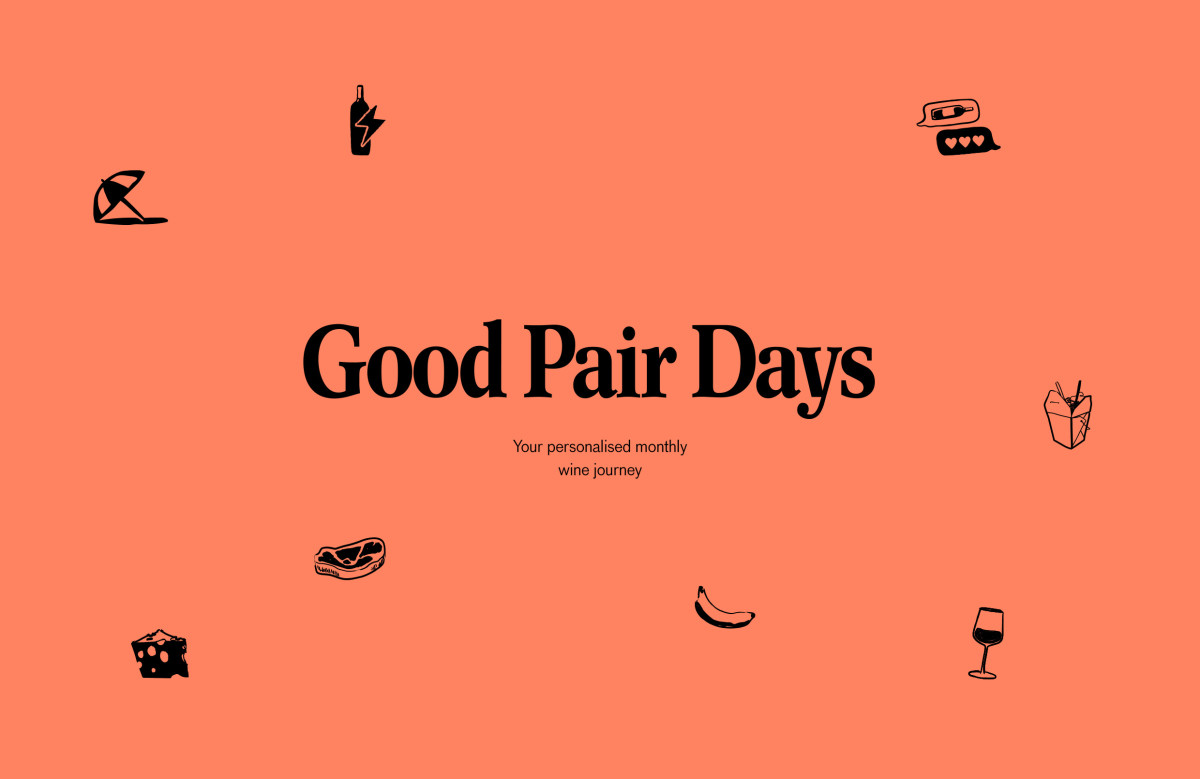
- Bottles start at $15.
- You’ll be sent three bottles a month chosen based on your personal tastes.
- Each delivery includes tasting notes, food pairings and custom recipes for each bottle.
- Shipping is $9, or free for orders of 4+ bottles.
- 100% satisfaction guarantee – get a free bottle included in your next delivery if you don’t like a wine.
- Good Pair Days was formerly known as Wine Gallery.
The concept
Good Pair Days sends its subscribers a monthly three-pack of wine selected by a team of wine buffs led by Banjo Harris Plane, three-time Australian Sommelier of the Year. Good Pair Days uses a palate profile quiz to determine customers’ tastes. Each month, customers rate their bottles so the company’s recommendation engine can further pinpoint which wines they’ll like.
Wine club details
The standard subscription is three bottles of wine per month, plus $9 for shipping (free for 4+ bottles). You can cancel, skip or change delivery frequency when you like.
You’ll get tasting notes, food pairings and custom recipes for each bottle.
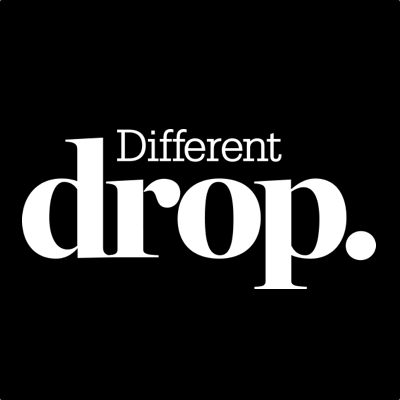
- Subscriptions available: 6-pack of mixed wines or red wines for $175, delivered every 1, 2, 3 or 6 months.
- Price matching available.
- Shipping is $9, or free for orders over $149.
- Full returns on orders up to 100 days after purchase.
The concept
Different Drop focuses on small-production Australian wines and spirits. All wine club packs are chosen based around the customer’s preferences, what they’ve previously ordered and enjoyed, and what’s new to the store.
Wine club details
There’s no set wine club selection – subscriptions are tailored to each customer’s budget, tastes and requirements, starting from $20 a bottle, but you can create a pack tailored to your tastes. “Simply tell us your budget, your wine preferences and how often you would like a delivery, and a custom-designed mixed pack … will be on your doorstep like clockwork,” its website says.
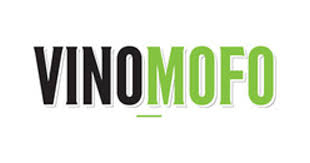
- Has no lock-in contract.
- You can choose delivery frequency.
- Wine club subscriptions from $139 to $179 per dozen.
- Shipping is free for wine club subscription orders (orders outside of your subscriptions will cost for delivery).
- 100% happiness guarantee – receive a replacement, refund or credit if you’re not happy.
The concept
Vinomofo claims to do away with the “bowties and bulls**t” that have previously typified the wine world: “It’s just a drink,” they say.
Wine club details
There are three Vinomofo clubs to choose from:
- Black Market Club: $139/12-pack mixed case, delivered every one or two months.
- Mofo Club: $179/12-pack mixed case or straight reds or whites, delivered every one, two or three months. Includes tasting videos.

- Wine club subscriptions from $99 to $195.
- You can choose the delivery frequency.
- Money-back guarantee if you don’t like the wine.
- Shipping is $7.50, or free for orders of 12+ bottles.
- No lock-in contract; cancel any time without penalty.
The concept
Wine Direct says it sources “belters from brands you know and love [and] quirky gems from tiny quantity, independent producers… we ONLY sell great wine, not groceries or petrol”.
Wine club details
There are three price levels, with a red, white and mixed offering in each:
- $99 Buck Wine Club ($99).
- Premium Wine Club ($124–$144).
- Platinum Wine Club ($165–$195).
You can select the frequency, length of subscription and number of packs. The packs change every three months.
Subscribers can skip a delivery or put their subscription on hold until a future date, and subscribers can purchase a subscription as a gift for someone else for any length of time.

Naked wines subscription confusion
Naked Wines’ unusual business model has caused some consumer confusion – some punters think they’ve made a one-off purchase, only to discover that Naked Wines is charging $40 a month from their credit cards.
We spoke to two people who were caught out by this. One had even been warned about the recurring payment, and was confident that he’d only made a one-off purchase – only to then discover he was being charged $40 a month. The other went to cancel her Angel membership but was won over by Naked Wines’ persuasive customer service staff. “I remember admiring their hustle,” she says.
In the end, both stuck with Naked Wines as they were happy with the quality, value and convenience.
Beware subscription traps
The ACCC has cracked down on so-called ‘subscription traps‘ – where a retailer treats a consumer’s decision to make a one-off purchase as consent to sign them up to a recurring payment. While it’s hard to say whether Naked Wines’ system contravenes the Australian Consumer Law, the ACCC tells us that “a business that fails to disclose key information in connection with an ongoing subscription may be engaging in misleading or deceptive conduct”.
A business that fails to disclose key information in connection with an ongoing subscription may be engaging in misleading or deceptive conduct
ACCC
We spoke to Naked Wines CEO Greg Banbury about this issue.
He says you’ll only be signed up to the Angels waitlist (they’ve capped the number of Angels they can sign up) if you buy an ‘Angel Favourites’ case. However, we found that when you first visit Naked Wines’ website and take a survey to score a $20 voucher, you’re automatically directed to these ‘Angel Favourites’ cases. So new customers may be more likely to buy these and thus be added to the waitlist.
Throughout the checkout process, there’s no mention that you’ll be added to a waitlist, or that there’s a recurring payment associated with this – it appears to be a one-off purchase.
‘Less than transparent’
We asked Banbury why a company that’s so committed to transparency would be less than transparent about the fact that they’re signing people up to a waitlist (and associated recurring payment), and he defended the company’s messaging.
“There’s absolutely no benefit to us in signing someone up without them knowing,” he says. “It literally costs us money to recruit a customer who cancels.”
Banbury claims that Naked Wines’ email communications make it “explicit” that you’re being added to the Angels waitlist, but the automated emails we received made no mention of how to exit the waitlist, nor that becoming an Angel involves a $40/month recurring payment.
Banbury says he’s taking our feedback on board, but Naked Wines has received this same feedback since at least 2014 and is still continuing this practice. That said, except for a few disgruntled ex-customers, online reviews of Naked Wines are overwhelmingly positive, with happy customers vigorously defending the model and the quality of the wine.
We’re not saying don’t shop with Naked Wines – just be aware of the $40 a month recurring payment before you buy.

